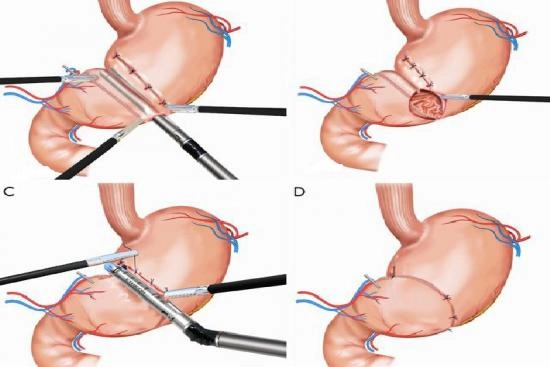Gastric cancer develops when abnormal cells multiply uncontrollably in the stomach lining, sometimes forming malignant tumors. Early stages often show few or no symptoms, making timely detection essential for successful treatment.
At Turquie Santé, we provide a comprehensive, patient-centered approach to diagnosing and treating stomach cancer in Turkey, combining world-class medical expertise with personalized care.








